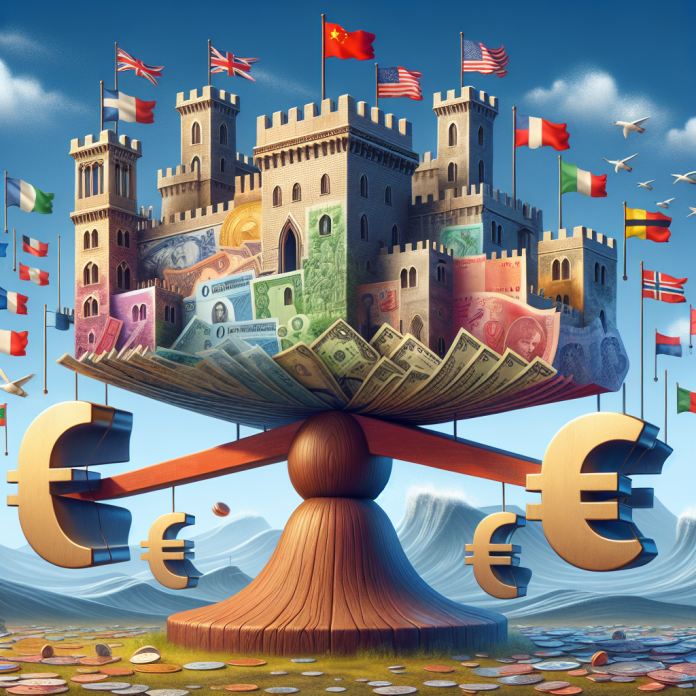Foreign exchange reserves play a crucial role in stabilizing national economies by providing a buffer against external shocks and ensuring the smooth functioning of international trade and finance. In times of economic crisis or uncertainty, a country’s ability to access foreign exchange reserves can help maintain stability and confidence in the economy.
Foreign exchange reserves are typically held in the form of foreign currencies, government bonds, and other liquid assets that can be easily converted into cash. These reserves are managed by the central bank or monetary authorities of a country and are used to intervene in the foreign exchange market to stabilize the value of the domestic currency.
One of the key functions of foreign exchange reserves is to prevent excessive volatility in the exchange rate. By buying or selling foreign currencies in the market, central banks can influence the value of their own currency and prevent sharp fluctuations that can disrupt trade and investment flows. This helps maintain price stability and promote economic growth in the long run.
Foreign exchange reserves also play a crucial role in supporting external trade and financing activities. By holding sufficient reserves, countries can ensure that they have the necessary liquidity to meet their external obligations, such as importing goods and services, repaying foreign debts, and attracting foreign investment. This helps reduce the risk of financial crises and ensures the smooth functioning of the economy.
Moreover, foreign exchange reserves can also be used to defend the stability of the financial system in times of crisis. For example, during a currency crisis or a sudden outflow of capital, central banks can use their reserves to stabilize the exchange rate, provide liquidity to financial institutions, and prevent a broader economic collapse. This is particularly important for developing countries that may be more vulnerable to external shocks and speculative attacks on their currencies.
In conclusion, foreign exchange reserves play a crucial role in stabilizing national economies by providing a buffer against external shocks, ensuring the smooth functioning of international trade and finance, and supporting the stability of the financial system. Effective management of reserves and timely intervention in the foreign exchange market can help maintain confidence in the economy and promote sustainable growth in the long term.

